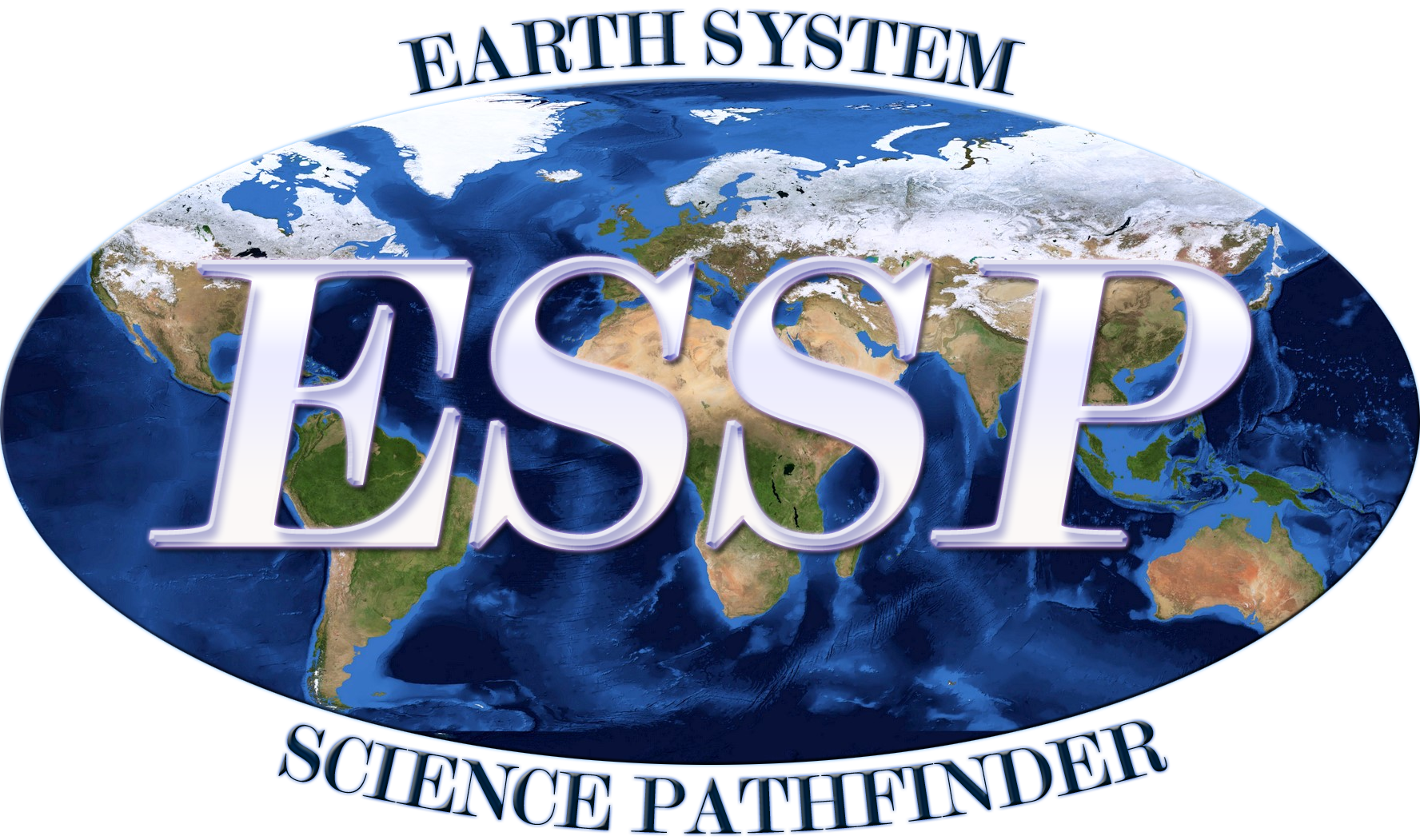Featured News
The goal of Earth System Science Pathfinder (ESSP) program is to stimulate new scientific understanding of the global Earth system through the development and operation of remote-sensing missions and to “Advance knowledge of Earth as a system to meet the challenges of environmental change, and to improve life on our planet”. (2018 NASA Strategic Plan, Strategic Objective 1.1)
ESSP, as part of NASA’s Earth Science Division (ESD), supports a variety of innovative Earth science research projects that study atmospheric composition, weather, carbon cycle and ecosystems, water and energy cycle, climate variability and change, and Earth surface and interior. ESSP studies include the atmosphere, oceans, land surface, polar ice regions, and solid Earth.
ESD programs support address the following science questions:
–How is the global Earth system changing?
–What causes these changes in the Earth system?
–How will the Earth system change in the future?
–How can Earth system science provide societal benefit?
With the over-arching goal of stimulating new scientific understanding of the global Earth system, the ESSP Program objectives are to:
- Provide frequent periodic opportunities for competitively selected, PI-led projects addressing NASA’s high priority Earth system science outcomes
- Contain project and mission costs through commitment to, and control of, design, development, and operational costs within the risk and technical standards established by the Agency
In addition to projects, the ESSP Program implements special studies and activities to support ESD. Studies can include areas such as mission feasibility and instrument accommodations. Activities such as the Common Instrument Interface (CII) and the biennial Program Forum are conducted to enhance Program effectiveness.
Helping the public understand earth science and the activities of ESSP is important to NASA; therefore the general public is a stakeholder. ESSP engages the public by supporting invitations to speak at community educational forums, earth science events, or at nearby schools. The ESSP Program Office also seeks out forums in the professional communities such as those conducted by the Institute of Electrical and Electronics Engineers (IEEE), the American Institute of Aeronautics and Astronautics (AIAA), and the American Geophysical Union (AGU).)


